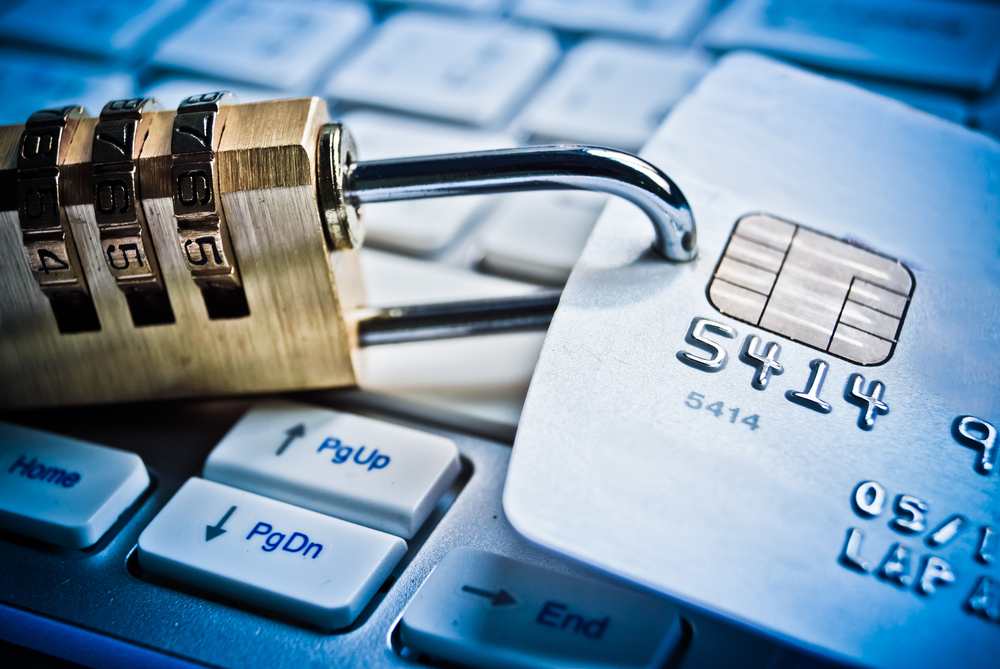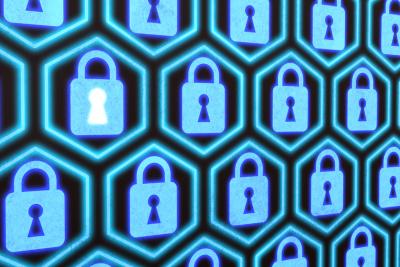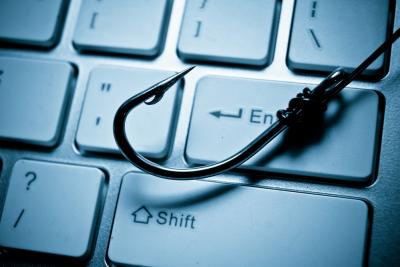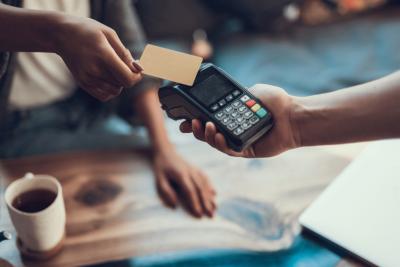Manage your account and see your money through our mobile banking app or on your computer through our website.


It’s estimated British Muslims will donate over £100 million to charity during Ramadan*. This generosity contributes to important work that helps strengthen communities and improve lives.
It’s estimated British Muslims will donate over £100 million to charity during Ramadan*. This generosity contributes to important work that helps strengthen communities and improve lives.
Unfortunately, online criminals are increasingly trying to take advantage of Muslim donors’ kindness at this time of year with scams that can have a devastating impact on victims.
This guide explains the different ways you might be contacted by a fraudster this Ramadan, some of the most common scams they may use and what you can do if you fall victim to a scam.
“Most fundraising is genuine, but some fraudsters and online criminals will try to exploit Muslims' generosity at Ramadan. Zakat is one of the five pillars of Islam, and so we want to encourage people to be safe with their donating. We urge people to read through our ‘Avoid Ramadan Scams’ guide, to help ensure donations end up in the right hands and help those in need.”
- Maisam Fazal, Chief Commercial Officer, Al Rayan Bank
* https://charitycommission.blog.gov.uk/2016/07/14/ramadan-making-a-real-difference
Whether you've been the victim of fraud, or you're looking to learn more about avoiding it, we are committed to keeping you and your accounts as safe as possible.

Learn more about the threat from viruses and trojans

Identity theft is a risk that we all face.

Social media is creating new opportunities for fraudsters.

Learn about the risks.

As online shopping increases, so do fraudsters' attempts to scam.

Fraudsters use different techniques to steal your card details.

Find out more about how criminals use 'money mules' and protect yourself from becoming a victim.

APP fraud is a crime which affects businesses and individuals